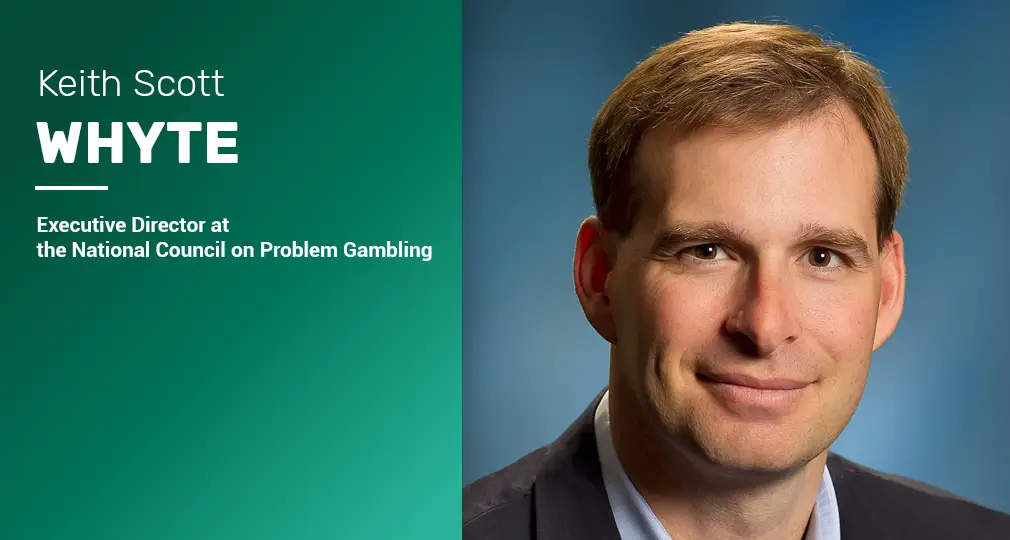The gambling news reports a drastic rise in gaming addiction among the players throughout the novel coronavirus pandemic. The non-governmental organizations of the US are currently working hard to eliminate the risks.
Keith Scott Whyte, the Executive Director at the National Council on Problem Gambling, has shared some insights on gambling addiction prevention in the USA.
Keith, could you tell Login Casino readers about the new challenges that have emerged in the area of problem gambling amidst the COVID-19 pandemic?
We believe risk factors for problem gambling increased during the pandemic. These risk factors include stress, anxiety, social isolation, boredom, and financial hardship. Each of these factors is associated with increased rates of gambling problems.
Which policies do you consider the most effective in battling problem gambling?
Prevention is the most effective and ethical because you stop the problem before it starts. So we are strong advocates for school-based programs to teach even young children about the risks of gambling and how to avoid becoming addicted.
Could you tell our readers about the recently launched “Operation Responsible Gambling” program, targeted at the military community? How is the implementation process going?
We are excited about Operation Responsible Gambling because we know active duty and retired members of the military are at least twice as likely to have gambling problems. We believe the best way to reach this population is by using veterans in recovery from gambling addiction to share messages of hope and help through the project webpage.
Are there any other addiction prevention programs the National Problem Gambling Helpline (NCPG) is planning to adopt in the near future?
We are very interested in improving access to the National Problem Gambling Helpline and developing safer sports betting awareness and education programs in partnership with gambling operators and the sports leagues.
Do you consider gambling education for minors necessary?
Youth prevention and education programs are critical. We know the earlier someone starts gambling the more likely they are to have a problem later in life, and that those problems tend to be more severe.
Which states of the US prove to be the most challenging in terms of problem gambling?
There are still several US states who do not provide public funding for problem gambling prevention, treatment, or research programs, so non-governmental organizations like NCPG have to pick up the full burden.
Do you think that all US states should implement self-exclusion, as opposed to 26 states that have already embraced the policy?
We believe self-exclusion is an important responsible gambling concept, but that we need to continue to works towards a more consumer-friendly system that protects gamblers in all states and across all industry verticals.
Could you give some tips on identifying the problem gambling behavior for our readers?
One of the most important signs of a gambling problem is when the gambler is concealing or lying about their gambling to their loved ones. Another is tolerance — the need to bet more and more money to achieve the same excitement or “high”.
The good news is that gambling problems are treatable and most people who commit to counseling and stay active in self-help groups are able to reduce or quit gambling and restore themselves to a healthy way of living.
Read more: Best iGaming Aggregators












